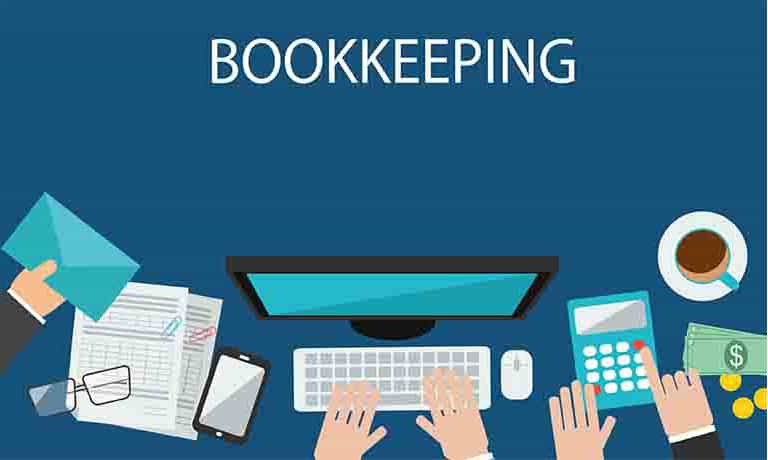Online Content Creators Record Expenses in Bookkeeping
Online content creators categorize and record expenses in their bookkeeping by following a structured approach that helps them maintain accurate financial records and maximize deductions.
Here’s how they typically do it:
1. Expense Categories:
Content creators classify their expenses into relevant categories, such as equipment and software, marketing and promotion, office supplies, travel, and production costs. This segmentation allows them to understand where their money is going and identify potential areas for cost-saving.
2. Detailed Records:
They maintain detailed records for each expense, including receipts, invoices, and payment confirmations.
This documentation serves as evidence during tax audits and ensures the legitimacy of claimed deductions.
3. Separate Business and Personal Expenses:
To avoid confusion, content creators keep business and personal expenses separate. They might use dedicated business accounts or credit cards for professional transactions, making it easier to track and manage their financial activities.
4. Digital Tools:
Many content creators leverage accounting software or apps to streamline their bookkeeping. These tools help automate data entry, generate reports, and calculate totals for each expense category, saving time and reducing the risk of errors.
5. Regular Updates:
Rather than waiting until tax season, content creators update their records regularly. This proactive approach minimizes the chances of forgetting expenses and ensures that financial information remains current.
6. Income-Related Expenses:
Content creators also categorize expenses based on the specific content they create. For instance, a vlogger might separate expenses related to travel for video shoots, equipment for recording, and software for editing.
7. Education and Training:
If they invest in courses or training to enhance their skills, content creators categorize these expenses separately. Such expenses can often be deducted as business-related education costs.
8. Home Office Expenses:
If they work from home, content creators categorize home office expenses such as utilities, rent, and mortgage interest. These can potentially be claimed as deductions, based on the proportion of the home used for business.
In summary, online content creators organize their expenses by categorizing them, maintaining detailed records, using digital tools, separating personal and business expenses, and updating their records regularly. This method ensures that their financial records are accurate, accessible, and compliant with tax regulations.
To visit: https://www.mca.gov.in/
For further details access our website: https://vibrantfinserv.com

